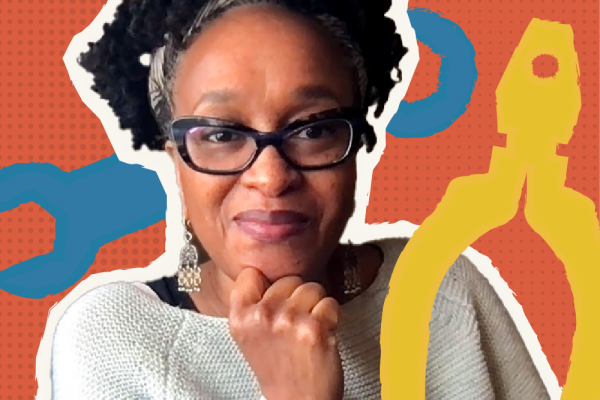Recently, I got to visit Ebenezer Baptist Church in Atlanta, a historic site where the National Park Service presents a lecture on the church’s history and impact in the city. A key figure in the presentation is Martin Luther King Sr., a Civil Rights leader even before his son became the better known MLK.
I loved the presentation, but something kept gnawing at me as I left. The park ranger who gave the presentation would often pause to interject on the greatness of Rev. King — praise he deserves — but at times he would slip into a sort of deification. King lost his namesake son and his wife to assassinations, and he managed to publicly proclaim love and forgiveness for their killers. The ranger seemed under the impression this came out of a superhuman reserve of grace that he and the rest of us could never achieve. While I understood the point, I wondered if Daddy King (as he was called) would have agreed.
Read the Full Article

